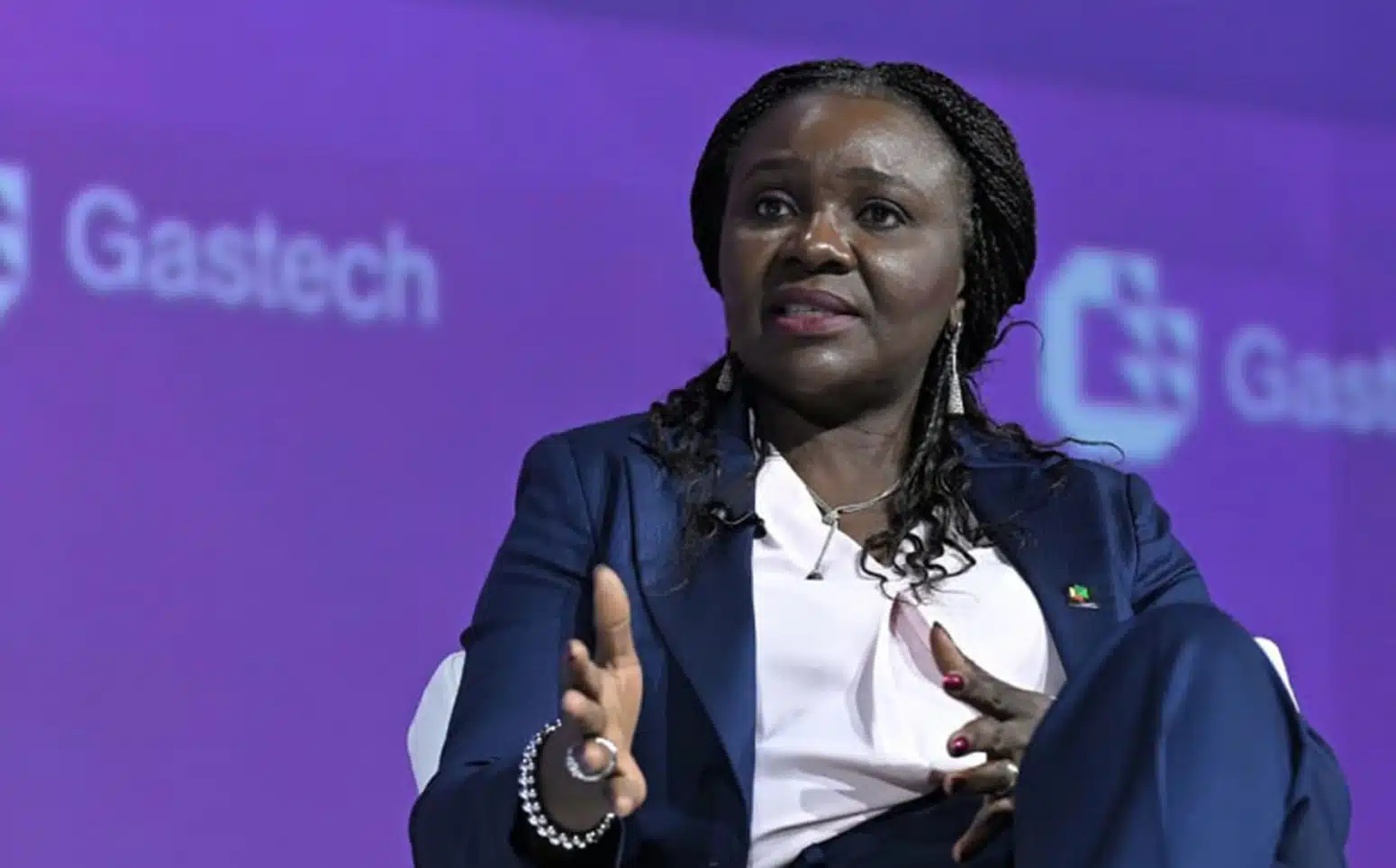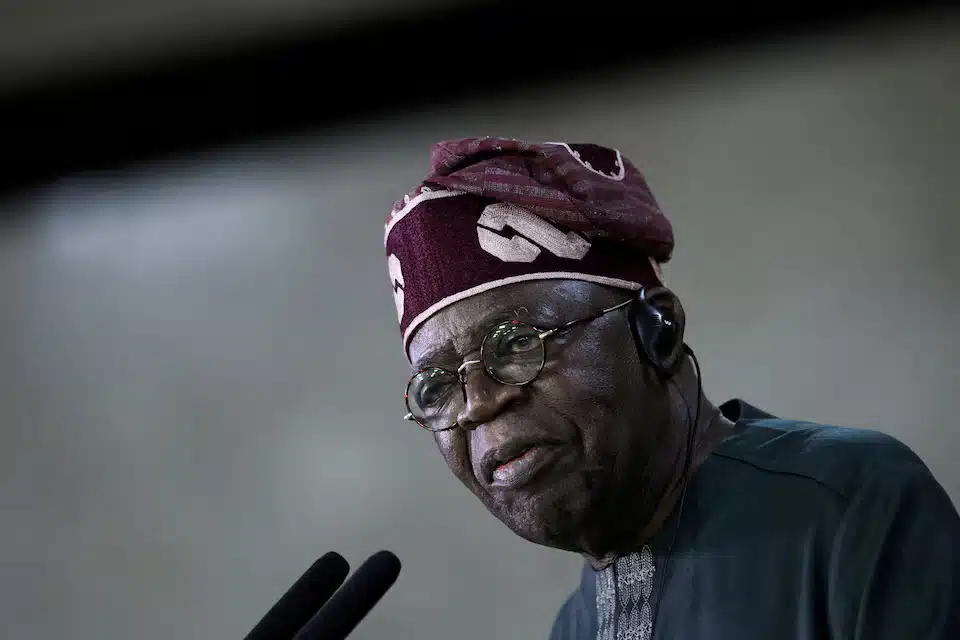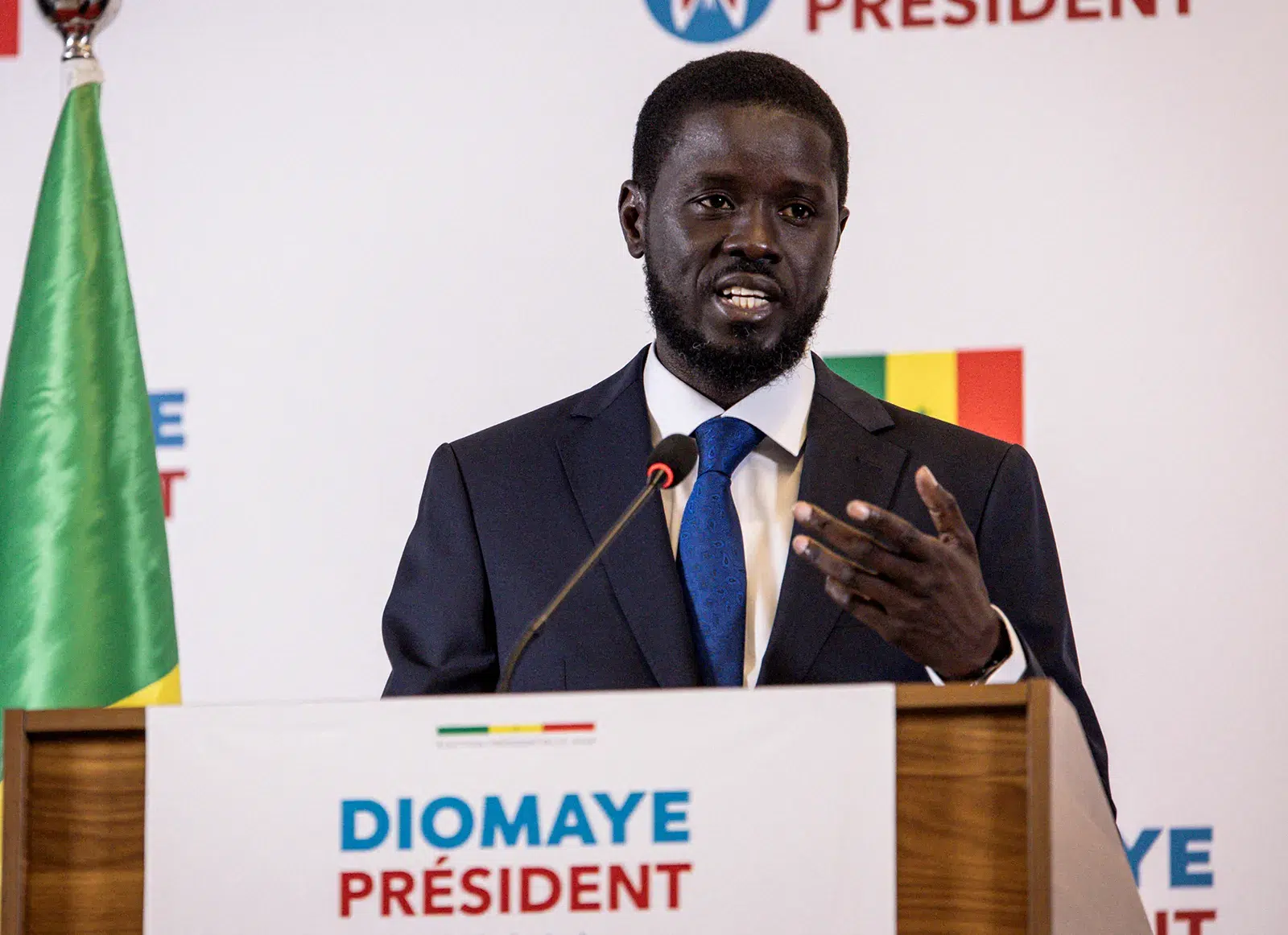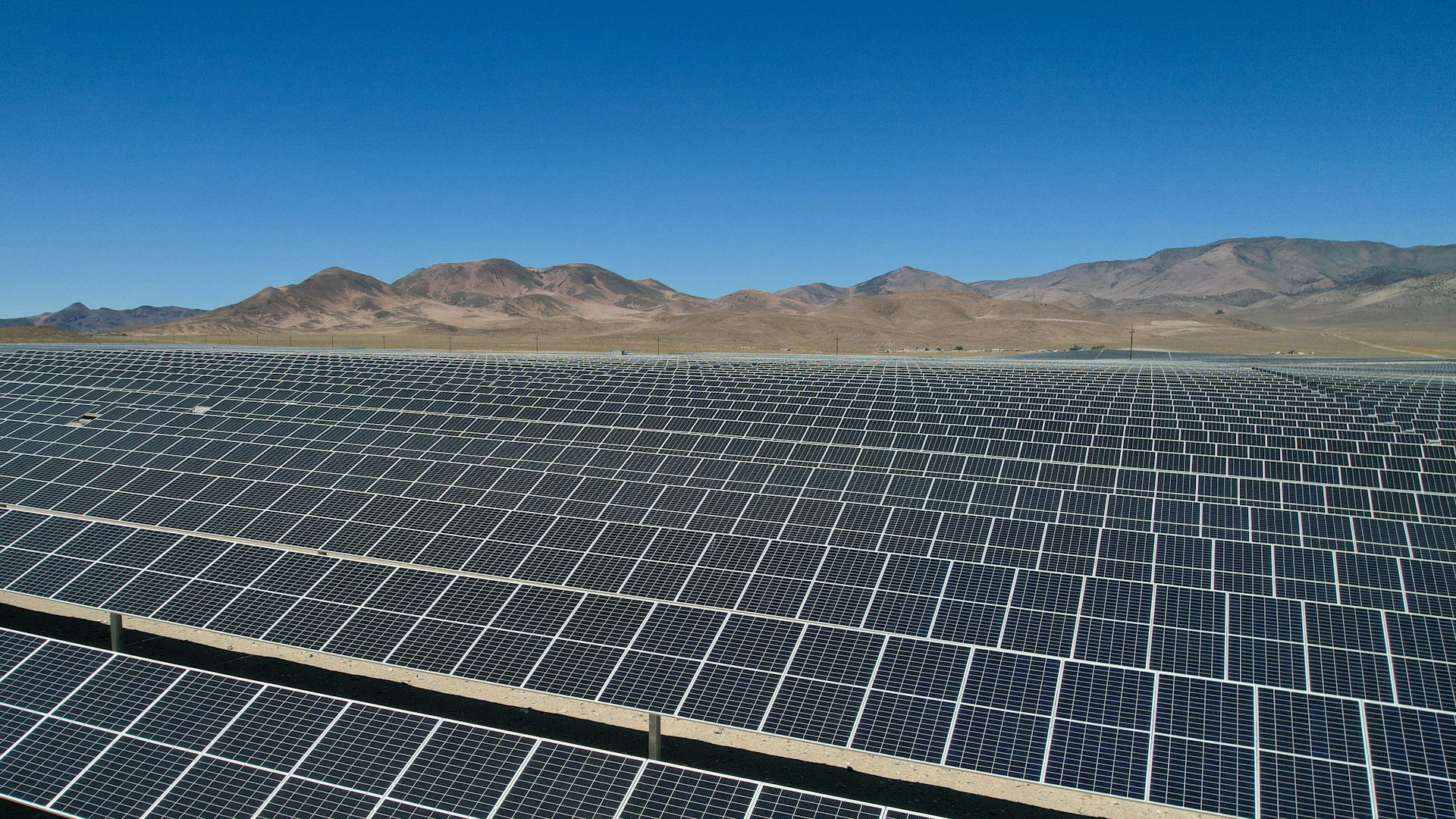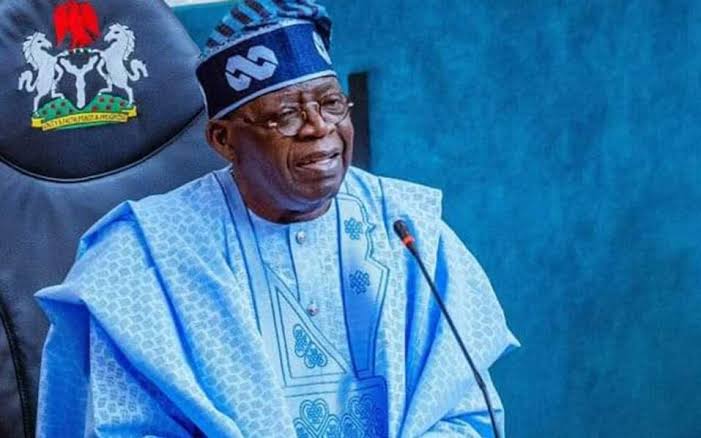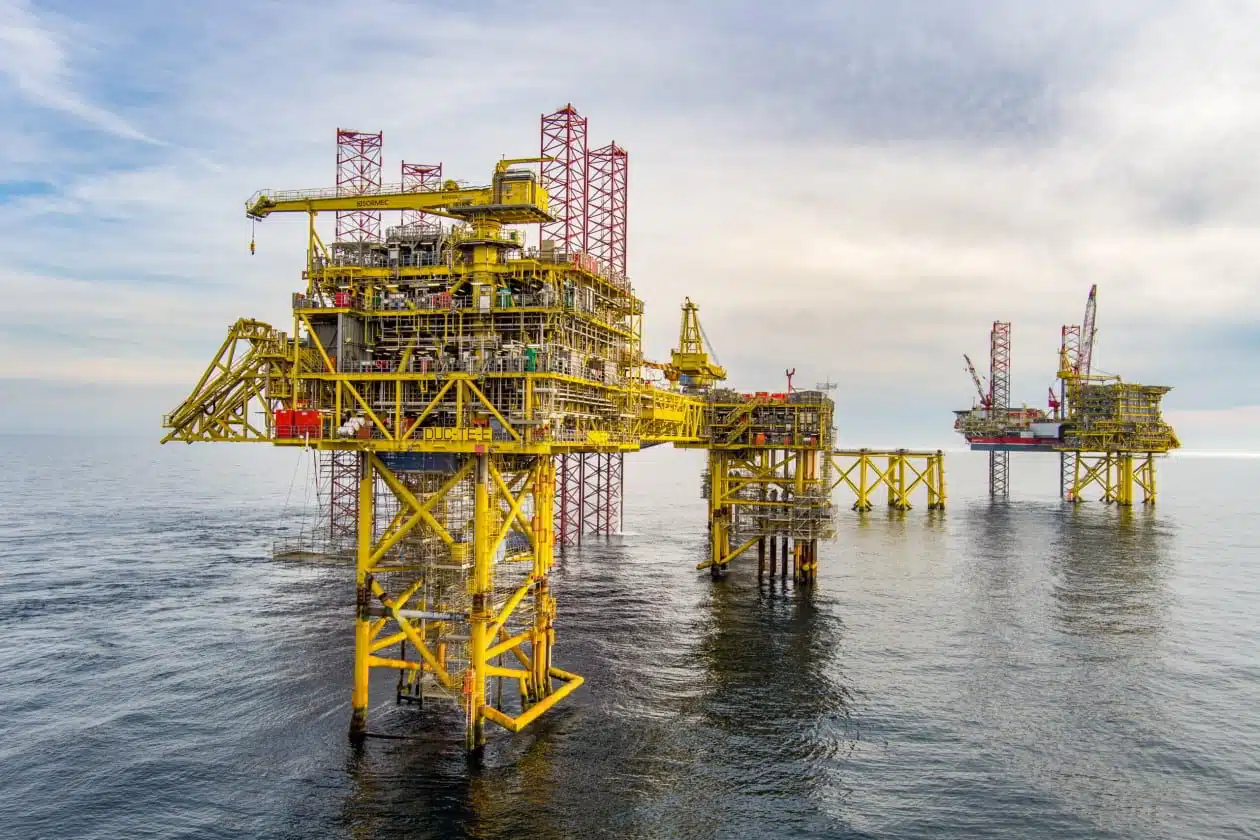Special energy adviser to Nigeria’s President Bola Tinubu, Olu Verheijen, has said the government expects two major final investment decisions (FDI) over the next year as the country’s oil and gas industry continues to witness significant investor interests.
In an interview with Bloomberg, Verheijen explained how the government is positioning itself to sustain investor confidence as the country’s oil and gas sector hopes to attract an additional $20 billion in fresh investment by 2029.
“There are two major final investment decisions that we are expecting over the next 12 months,” Verheijen said, noting that this is a tally of all the $20 billion investments that the country targets before the end of the decade.
By 2029, the Nigerian government targets to attract up to $20 billion in fresh oil and gas investments as part of ongoing reforms to improve power generation and industrial growth.
Nigeria ranked among the top three destinations for investments in Africa in 2024, and its oil sector fetched more upstream investments than any other oil-rich African country that year.
In the last 18 months, up to $8 billion worth of commitment is said to be catalysed into the upstream sector, mostly from international investors.
“We have catalysed about $8 billion so far in 18 months.
“All of those have come from international investors in our market. And the next 20 billion is also going to come from them and some indigenous independents that are emerging,” Verheijen said.
Nigeria’s investment climate attracts foreign companies
Nigeria has witnessed rising investor confidence in recent months, driven by regulatory reforms, particularly in sectors like energy and finance.
These reforms have helped reduce bureaucratic bottlenecks and improve transparency, making it easier for investors to navigate the market.
“The president has done a lot in the last two and a half years to make sure that we improve the investment climate in Nigeria. So, we have improved our fiscals to make sure it’s a lot more competitive.”
In May, Rystad Energy, an energy consultancy, projected that Nigeria was on track to lead natural gas production growth in Africa through 2030.
It said the country has several major liquefied natural gas (LNG) projects scheduled to come online.
This is attributed largely to the government’s aggressive but strategic gas expansion policies and robust infrastructure investments.
The uptick in upstream investment has also yielded significant economic benefits for the oil-dependent economy.
Official data show Nigeria’s oil and gas revenues in the first eight months of 2025 jumped by 21.87% year-on-year to $7.36 billion.
As of August, the country’s national revenue agency FIRS achieved its petroleum tax revenue target for the whole year.




